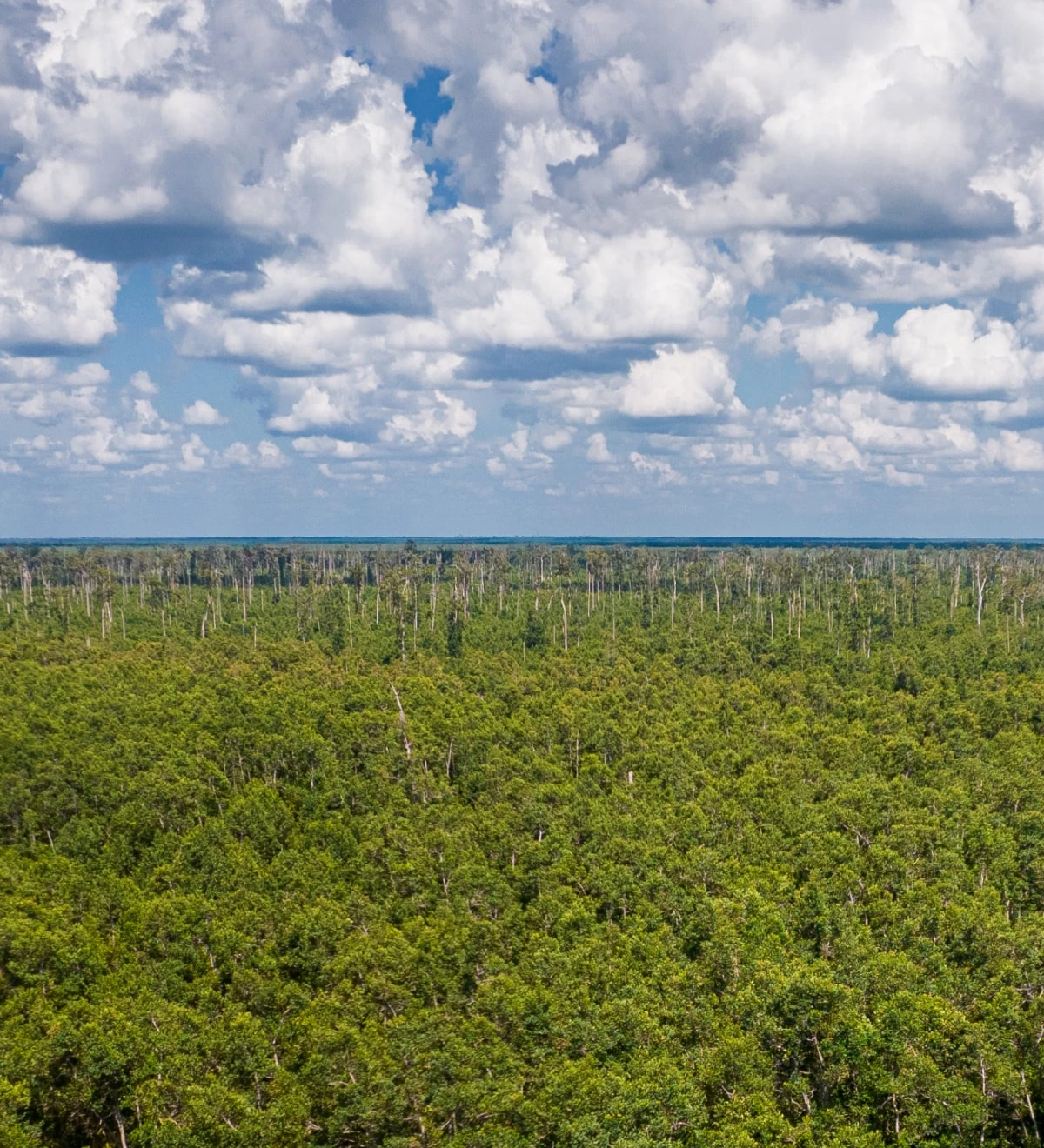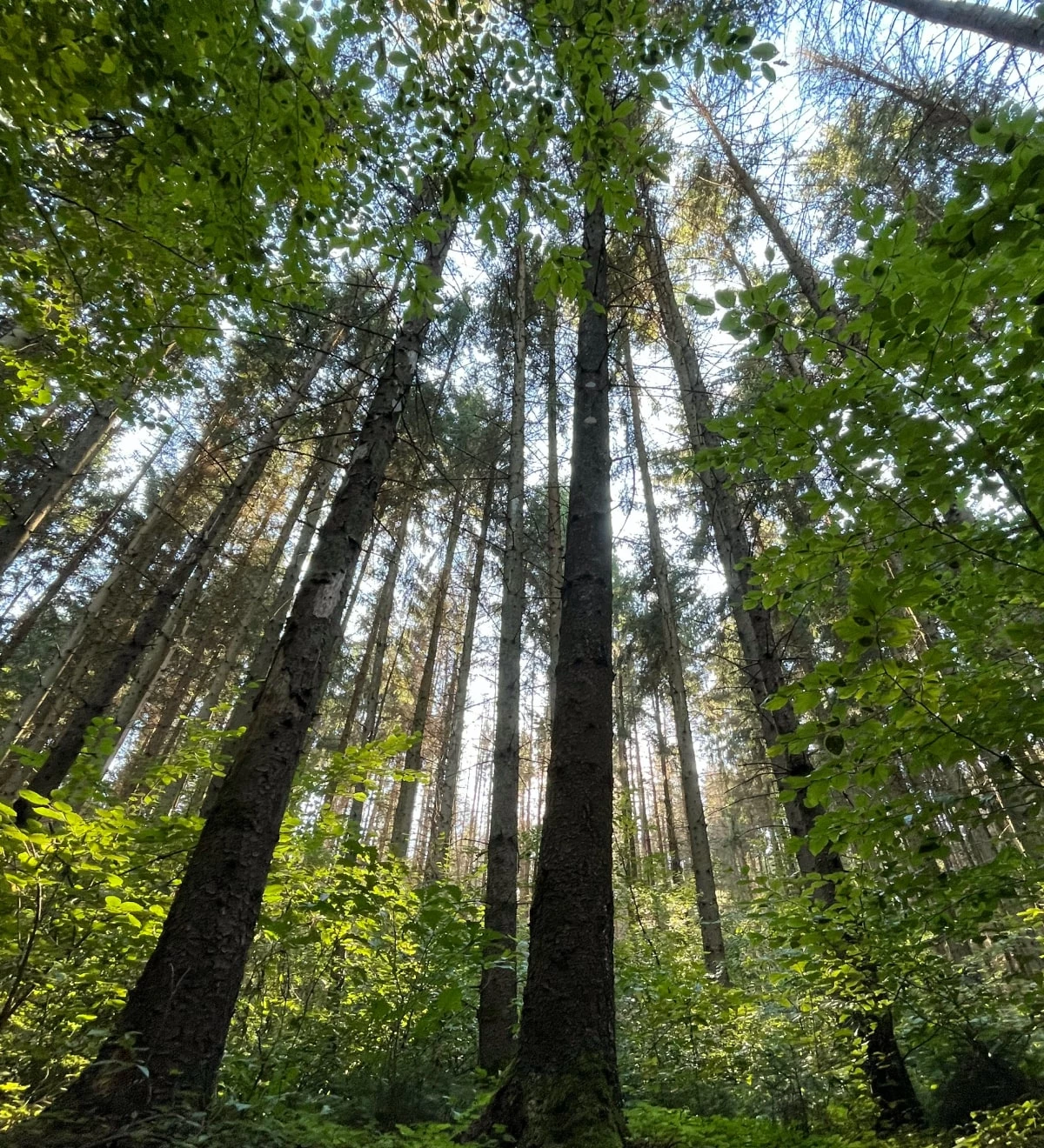Our purpose
To meet sustainability commitments for companies through trusted, market-led, nature-based solutions that deliver high-quality, scalable outcomes for nature and communities over the long term.
Founder Mike Zrust’s background in conservation fieldwork continues to provide the insight and drive behind our project-first approach. But we are a multi-disciplinary company with expertise across finance, legal, technical and corporate sustainability.
Initially seed-funded by donors, including Partnership For Forests under UK Aid, our first product was Solutions, enabling companies to attain sustainable commodity certification in response to the Round Table on Sustainable Palm Oil compensation procedure.
Since then, we have successfully launched Collectives, a first-of-its-kind mechanism that sees companies collaborate to deliver ecosystem outcomes at scale, and Climate, a project-first approach to carbon credits. With revenue multiplied more than 30-fold, our donor funding has reduced to just 3%.

To meet sustainability commitments for companies through trusted, market-led, nature-based solutions that deliver high-quality, scalable outcomes for nature and communities over the long term.
We act with integrity and build trust through projects that deliver high-quality, verifiable ecosystem outcomes that meet robust measures for sustainability commitment compliance.
We create innovative business solutions that meet fast-growing market demand for ecosystem outcomes, tackling systemic challenges and leading companies in their transformation to sustainable economies.
We constantly identify new markets, structure growing demand, and respond to increasingly diverse corporate sustainability commitments.
We identify, connect and facilitate long-term collaborations around the principles of fairness, trust and shared interests in protecting and restoring nature, supporting communities and tackling climate change.
Corporate demand to support nature conservation and restoration is surging, yet existing models are failing to meet it, and there is a mismatch between funding, project quality and scale and impact duration.
Our project-first, nature-based approach delivers on companies’ sustainability commitments through robust, verifiable outcomes for biodiversity, communities and the climate. We apply this approach to supply chain solutions, carbon insetting and offsetting, and certification compliance, providing comprehensive solutions to the sustainability challenges business face.

Discover more about nature-based solutions for corporate sustainability commitments.
CONTACT US